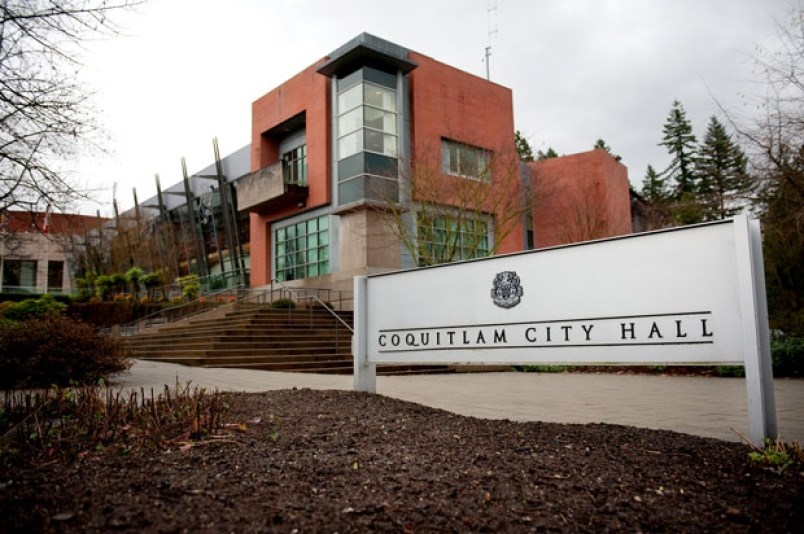When it comes to new housing, Coquitlam is encouraging developers to go big or very, very small.
In a municipality where one- and two-bedroom units are the norm, the city is considering policy tweaks that could help incentivize the construction of smaller studio apartments while boosting its stock of three-bedroom condos.
As detached homes and even townhouses become increasingly out of reach for average-income families, more people are turning to apartments as an alternative, according to staff.
Conversely, micro suites, which under the proposed rules could be as small as 312 sq. ft., are seen as a way of creating smaller, more affordable units for people entering the housing market, staff said.
But while council voted in favour of sending the proposed adjustments to the housing affordability strategy to a public hearing, some expressed concern about certain aspects of the bylaw changes.
“To me, that is pretty small,” said Coun. Brent Asmundson of the new minimum size being considered for the micro suites. “I think that is probably too small… Are we putting people into little cubicles and just locking them up at night?”
Asmundson added that by including more micro suites in a development, it could take away from the number of larger three- and four-bedroom family units the city is trying to encourage.
Coun. Terry O’Neill noted that Seattle, which initially embraced micro suites, had recently begun to move away from the smaller units.
Micro suites are already allowed under Coquitlam’s rules but staff said the proposed adjustments to the housing affordability strategy would clarify the regulations around building the smaller units. The criteria would include the minimum size and would only permit the studio apartments to make up 30% of a development.
The proposed bylaw changes come two years after the launch of the affordability strategy, which uses incentives like increased density and less restrictive parking requirements to encourage developers to produce certain desired housing types. The update defines those priority units as non-market rental, below-market rental, accessible suites and three-bedroom rental units.
Since the strategy was launched in 2015, the city has seen an additional 2,000 market rental and 140 below-market rental units begin the development process.
Lock-off units are another way that the city is hoping to expand diversity in its housing stock. While not common in Coquitlam, they are smaller units inside a multi-family dwelling — condos or townhomes — but with separate entrances, kitchens and bathrooms. The additional space can either be locked off and rented out or absorbed into the rest of the main home, but it is not considered a separate strata unit.
Bruce Irvine, the city’s manager of planning projects, said the lock-off portion is similar to the secondary suites seen in many single-family homes.
“A lot of communities are putting them in townhouses,” said Coun. Teri Towner, who later added: “I see it as a really creative way to address affordability issues — as long as there is a parking spot.”
Parking changes are outlined in the housing affordability strategy update.
If the bylaw passes in its current form, it would mean parking requirements for purpose-built rental would be 0.86 stalls per unit in transit-oriented developments and one stall per unit for the rest of the city. Parking requirements for non-market housing in a transit area could go as low as 0.75 stalls per unit while lock-off units would only require 0.5 stalls each.
@gmckennaTC



